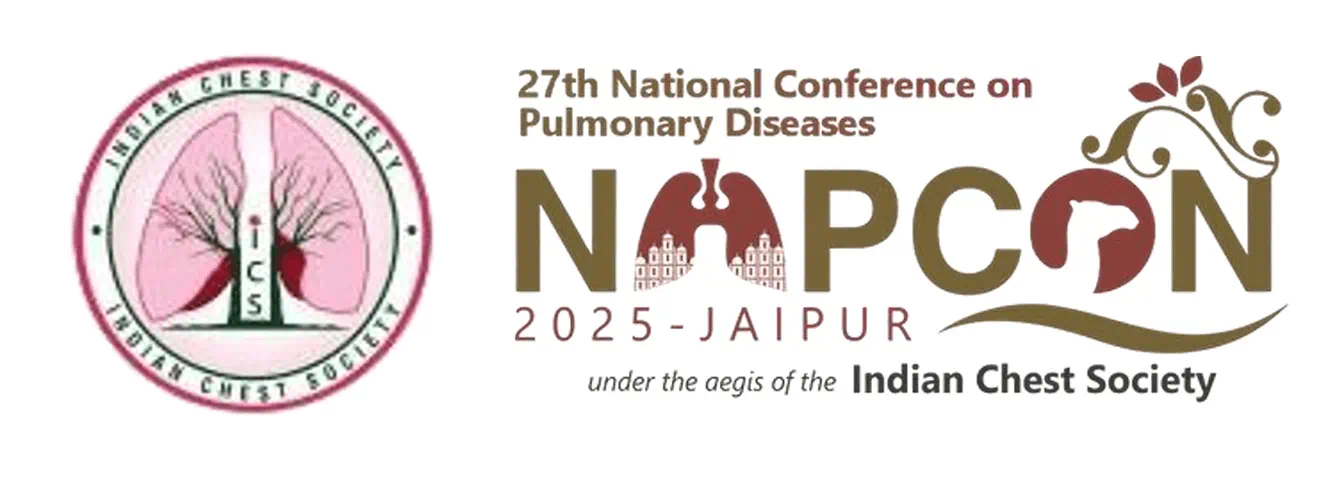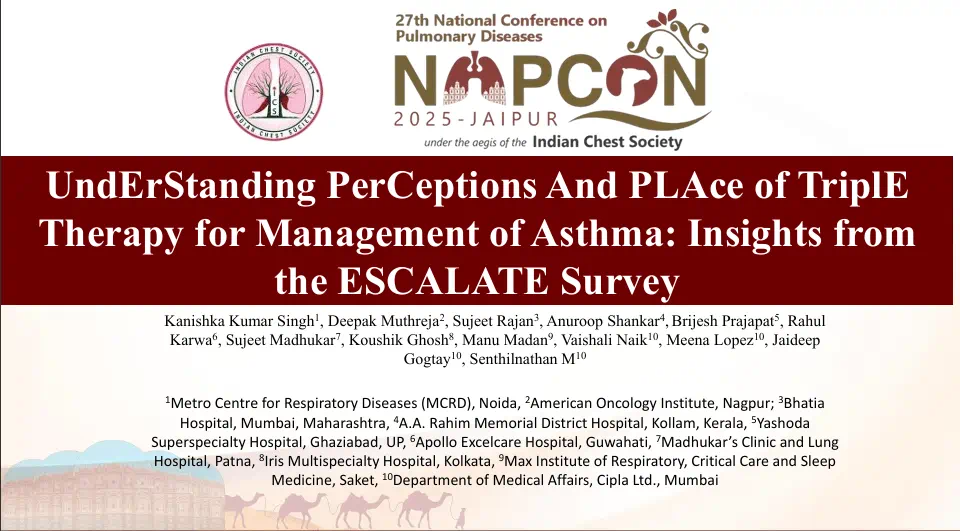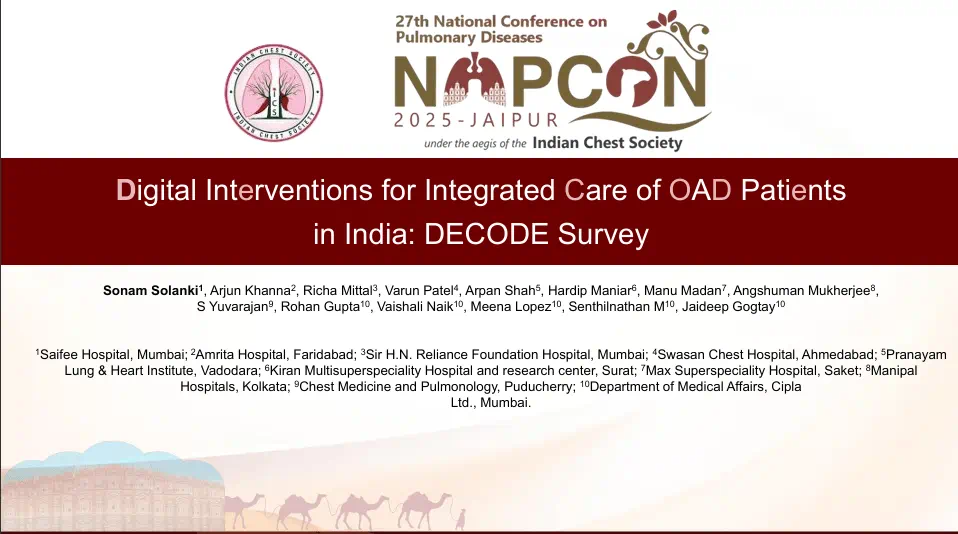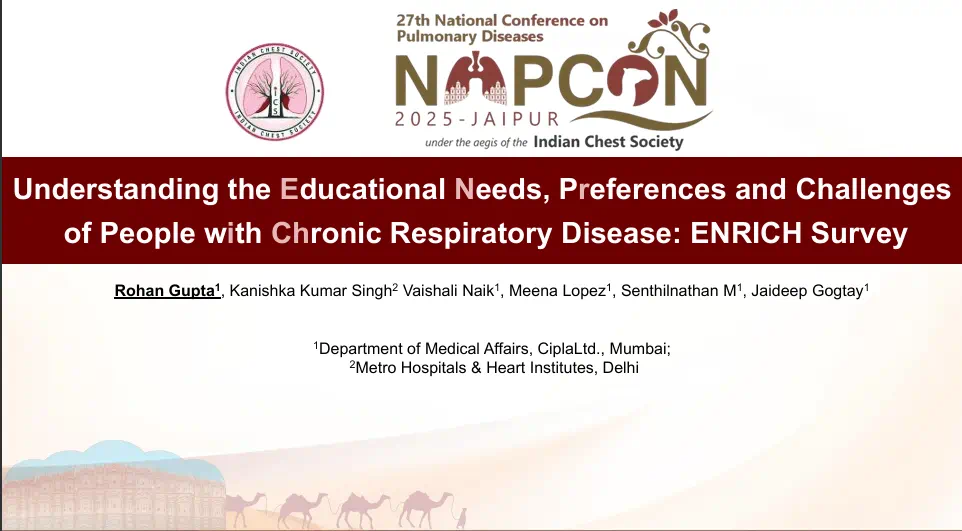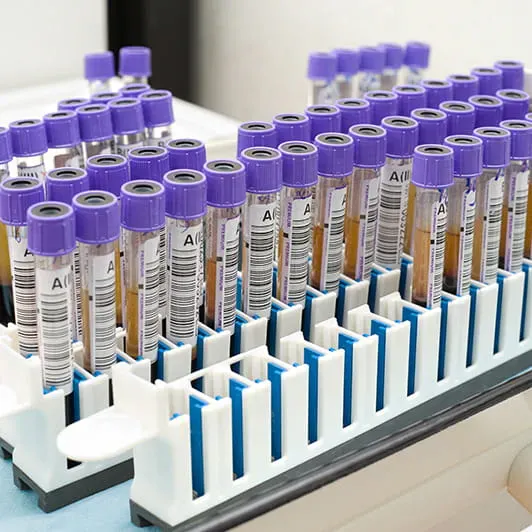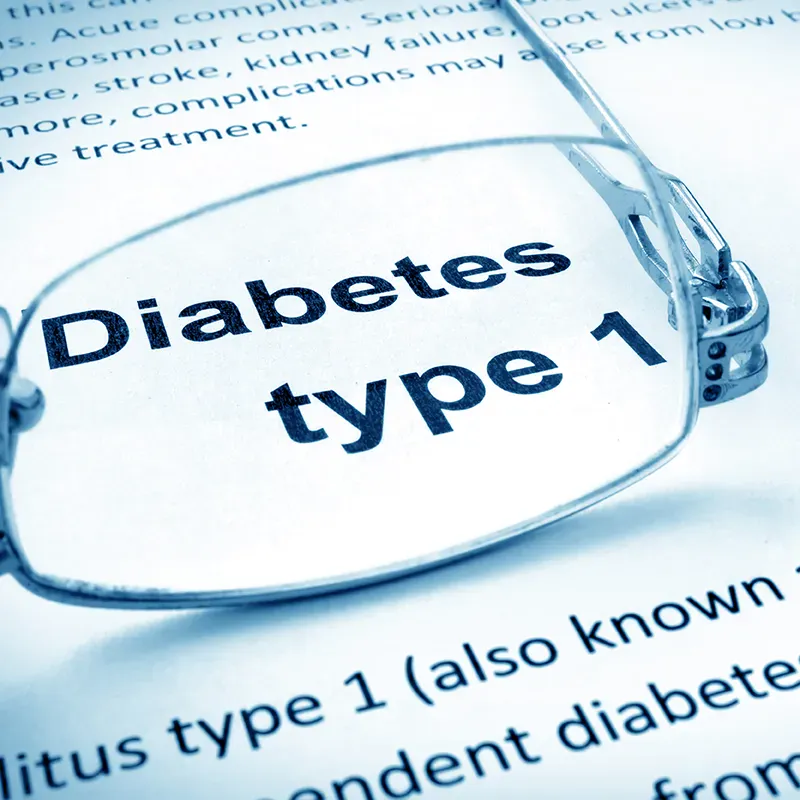Ciprofloxacin vs. Cefixime with Metronidazole for Treatment of Liver Abscess, An Indian Study
Introduction
Liver abscess is a potentially life-threatening medical emergency. Intravenous broad-spectrum antimicrobial combinations are often used upfront, instead of oral Ciprofloxacin or Cefixime in empirical antibiotic regimen due to lack of clinical trial-based evidence
Aim
To evaluate and compare the efficacy of empirical oral Ciprofloxacin or Cefixime plus Metronidazole therapy for the treatment of uncomplicated liver abscess
Patient Profile
- N=69
- ≥18yrs male/female patients newly diagnosed with liver abscess confirmed by radiological imaging
Methods
- Double blind randomized controlled trial
- Location: Postgraduate Institute of Medical Education and Research (PGIMER), a tertiary care center in northern India
Treatment:
- Patients were treated with Ciprofloxacin/Cefixime as per randomization
- Both groups received oral Metronidazole (800 mg q 8 hourly) for 2 weeks and percutaneous drainage or aspiration of the abscess as per indication
Study endpoints
Primary endpoint
Clinical cure: defined as asymptomatic and afebrile for more than 48 h, along with USG showing no drainable collection in the liver with removal of the pigtail catheter if any
Secondary endpoints
Treatment failure, Duration of therapy, need for prolonged antibiotics therapy, duration of hospital stay, recurrence of liver abscess, all-cause mortality, incidence of complication, need for surgical intervention, compliance, adverse drug events
Results
Clinial Cure:
- 89.3% (N = 125) achieved clinical cure
- 85.5% in Ciprofloxacin group vs. 93% in Cefixime group, difference was not statistically significant (p = 0.154)
Treatment Failure:
- 10.7% participants had treatment failure
- 14.5% in Ciprofloxacin group vs. 7.0% in Cefixime group (p = 0.154)
- Common reason for treatment failure: Need of prolonged (> 4 weeks) antimicrobial therapy due to persistent hepatic collection requiring drainage. It was significantly higher in Ciprofloxacin group (14.5% vs. 4.2%, p = 0.036)
Duration of Therapy:
- Mean duration of antimicrobial therapy was 16.2 ± 4.3 days
- 15.1 ± 4.5 days in Ciprofloxacin group vs. 16.0 ± 4.2 days in Cefixime group (p = 0.223); similar between both groups
Hospital Stay:
- Mean duration of hospital stay was 1.6 days, similar between the groups (p = 0.210)
- Readmission: 3.6% participants required readmission
Compliance:
- Inadequate compliance in only 3.6% participants (stopped because of side effects)
- 5.8% in Ciprofloxacin group and 1.4% in Cefixime group
Adverse Drug Reaction (ADR):
- 65.7% participants reported mild ADR
- It was similar in Ciprofloxacin (63.8%) and Cefixime (67.6%) groups (p = 0.632)
- Most common ADR was nausea, followed by gastritis and numbness of fingers, similar between the groups
Conclusion
- Both, Ciprofloxacin or Cefixime plus Metronidazole for duration of 2–3 weeks were efficacious as empirical oral antimicrobial regimen along with prompt percutaneous drainage or aspiration for the treatment of uncomplicated liver abscess with similar efficacy.
- Oral Cefixime had lesser chance of treatment failure due to persistent collection than Ciprofloxacin. It must be further investigated in larger clinical trial
Reference
Sci Rep. 2024 May 20;14(1):11430


